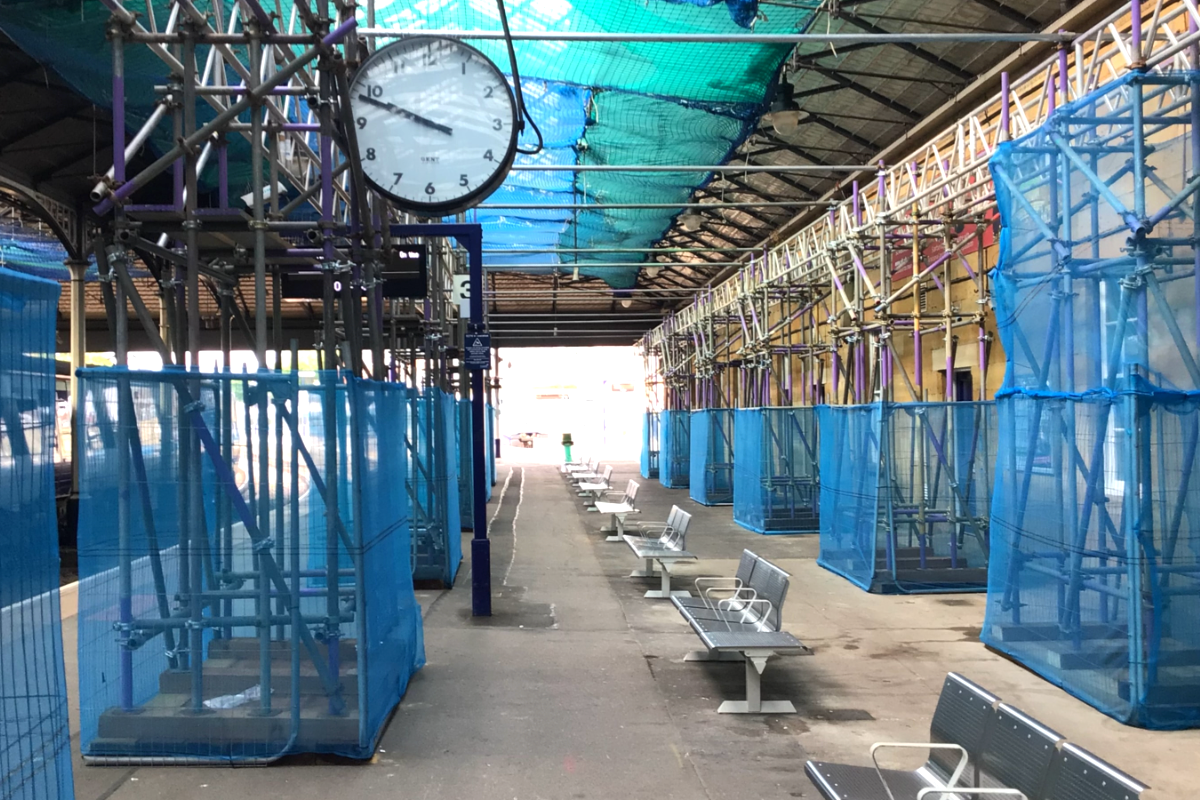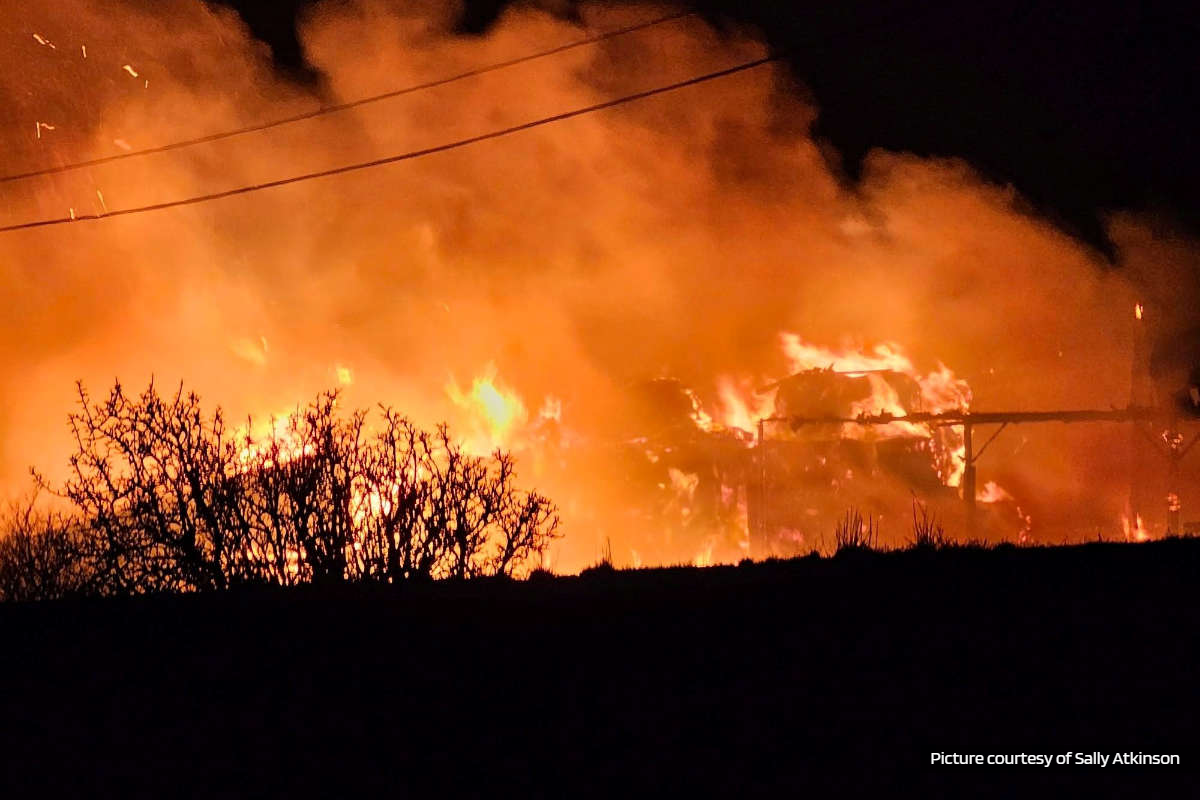
Senior officers at North Yorkshire Council have defended its planning service following a sharp drop off in the number of development proposals being decided by elected community representatives.
A meeting of North Yorkshire Council’s transition scrutiny committee was told the authority was re-examining the balance between planning applications which could be made by unelected council staff and ones which went before the authority’s six area planning committees.
The unitary council’s planning service has been the focus of criticism by many councillors since it took over planning from the seven district and borough councils in April, with some areas seeing decreases of 60 per cent in the number of decisions by democratically-elected councillors.
A recent member of all the planning committee chairs heard claims the council was only giving councillors the chance to decide upon developments it was legally bound to and had made its scheme of delegating decisions to planning officers “so tight that nothing’s really coming through”.
Scarborough councillor Eric Broadbent told the scrutiny meeting:
“We are all aware the agendas have been very light. There is a lot of delegation going on.”
Harrogate councillor Philip Broadbank told the meeting since April Harrogate borough had seen two planning meetings cancelled due to the lack of proposals being put before councillors and just one proposal being considered at other meetings, leading councillors to conclude that they were no longer closely involved with the planning process.
He said while 92 per cent of planning applications had previously been decided by officers, it appeared the number being decided by elected members was getting fewer.
The meeting heard while much time was spent developing conditions which developers would have to adhere to to make a development acceptable, “sometimes it’s quite obvious nothing is done about enforcement to follow up if anything goes wrong”.
Coun Broadbank said:
“Elected members are there for a purpose. They are the ones who go round knocking on doors, they are the ones who need to be involved some of the decision-making that’s going on.”
The meeting was told town and parish councils were “tearing their hair out” over the lack of or delays in enforcement action, often due to a lack of available legal support.
Committee members heard the Scarborough borough area had had no dedicated enforcement resource “for quite some time”, while Richmondshire was in a similar situation.
Planning officers said councillors were able to call in contentious applications for committees to consider if there were sound planning reasons.
They said the council was examining where to focus its enforcement resources and legal support needed for an effective enforcement service.
Officers said they were “grappling with” whether the authority’s delegation system needed changing and that they were working to understand which proposals were decided by committees previously.
An officer underlined there had been no attempt to try to block some proposals going before councillors and officers were “trying to understand where those lines should be drawn”.
He added the authority would examine changing the balance over which planning applications should go before councillors.
The officer said: “The intention here isn’t to disenfranchise members. Members are a key part of this process.”




 Injured Yorkshire Coast Seal Back in the Water
Injured Yorkshire Coast Seal Back in the Water
 Flamingo Land Welcomes Baby Giraffe
Flamingo Land Welcomes Baby Giraffe
 Scarborough and Whitby MP to Launch Petition for Return of Stroke Services
Scarborough and Whitby MP to Launch Petition for Return of Stroke Services
 UK Mayors Being Urged to Buy Scarborough Buses
UK Mayors Being Urged to Buy Scarborough Buses
 Free Music Events in Scarborough to Raise Funds for Andy's Man Club
Free Music Events in Scarborough to Raise Funds for Andy's Man Club
 Scarborough's Cross Lane Hospital Receives Heartfelt Gift
Scarborough's Cross Lane Hospital Receives Heartfelt Gift
 Saint Catherine’s Becomes First UK Hospice to Launch Masonic Aware Initiative
Saint Catherine’s Becomes First UK Hospice to Launch Masonic Aware Initiative
 Candidates Confirmed for First Scarborough Town Council Elections
Candidates Confirmed for First Scarborough Town Council Elections
 Scarborough Station Set for Multi-Million-Pound Roof Renovation
Scarborough Station Set for Multi-Million-Pound Roof Renovation
 Renewed Appeal Following "Shocking" Arson in Whitby
Renewed Appeal Following "Shocking" Arson in Whitby
 Six Candidates Standing to Become First Elected Mayor of Hull and East Yorkshire
Six Candidates Standing to Become First Elected Mayor of Hull and East Yorkshire
 Construction to Start on Whitby Maritime Hub
Construction to Start on Whitby Maritime Hub








Comments
Add a comment